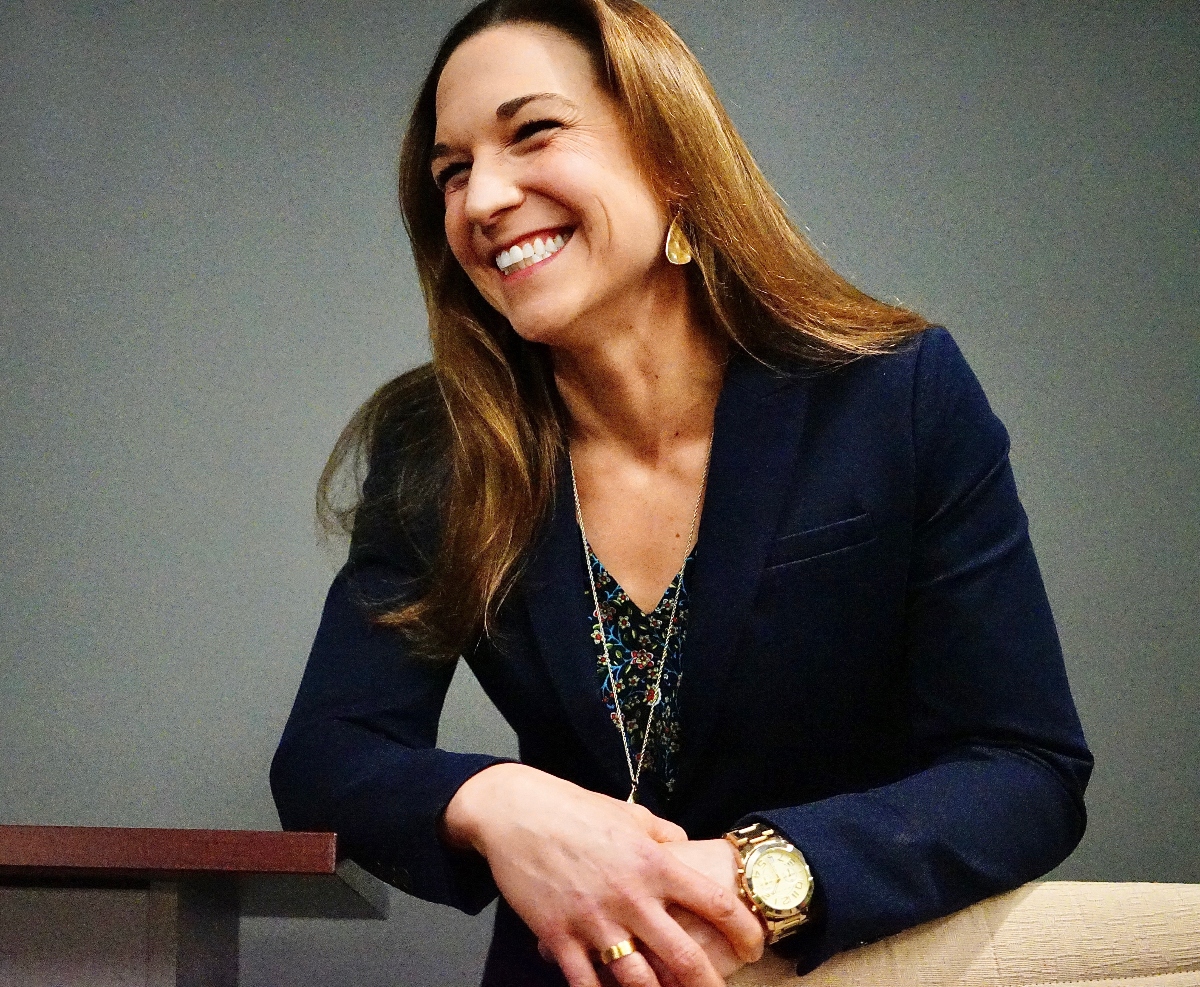One-third of U.S. parents have never heard about CBD use by children, while nearly half (46%) said they don’t know much about using the products with regard to children, according to the C.S. Mott Children’s Hospital National Poll on Children’s Health. Just 3% of respondents said they knew a lot about CBD use in children with 17% reporting some knowledge of using the products for their children.
The poll included parents of children aged 3- to 18-years-old.
In all, 71% of parents polled had never used a CBD product, while 24% had tried it and 5% used CBD products regularly. Nearly all parents surveyed (90%) said they had neither given nor considered giving their child a CBD product, while 2% had and 4% had considered it.
The potential side effects of CBD was the number one factor for parents (83%) in determining whether they would give it to their child, followed by whether it was tested for safety in children (78%), its efficacy in children (72%); recommendation of their child’s doctor (63%); approval of the U.S. Food and Drug Administration (58%); and product reviews (41%).
Two-thirds (73%) of parents said they thought CBD may be a good option for children when other medications don’t work, while a third (35%) of parents said that taking CBD is the same as using THC-rich cannabis. Most parents (83%) said that CBD products should be regulated by the FDA, and 74% said that CBD for children should require a doctor’s prescription.
The survey found that, among parents who have given or considered giving CBD to their child, 29% said they talked with their child’s healthcare provider about CBD use. Parents’ most common reasons for giving or considering CBD for their child include anxiety (51%), sleep problems (40%), ADHD (33%), muscle pain (20%), autism (19%), and to make their child feel better in general (13%).
Get daily cannabis business news updates. Subscribe
Sponsor message:
Medical Disclaimer:
The information provided in these blog posts is intended for general informational and educational purposes only. It is not a substitute for professional medical advice, diagnosis, or treatment. Always seek the advice of your physician or other qualified healthcare provider with any questions you may have regarding a medical condition. The use of any information provided in these blog posts is solely at your own risk. The authors and the website do not recommend or endorse any specific products, treatments, or procedures mentioned. Reliance on any information in these blog posts is solely at your own discretion.






